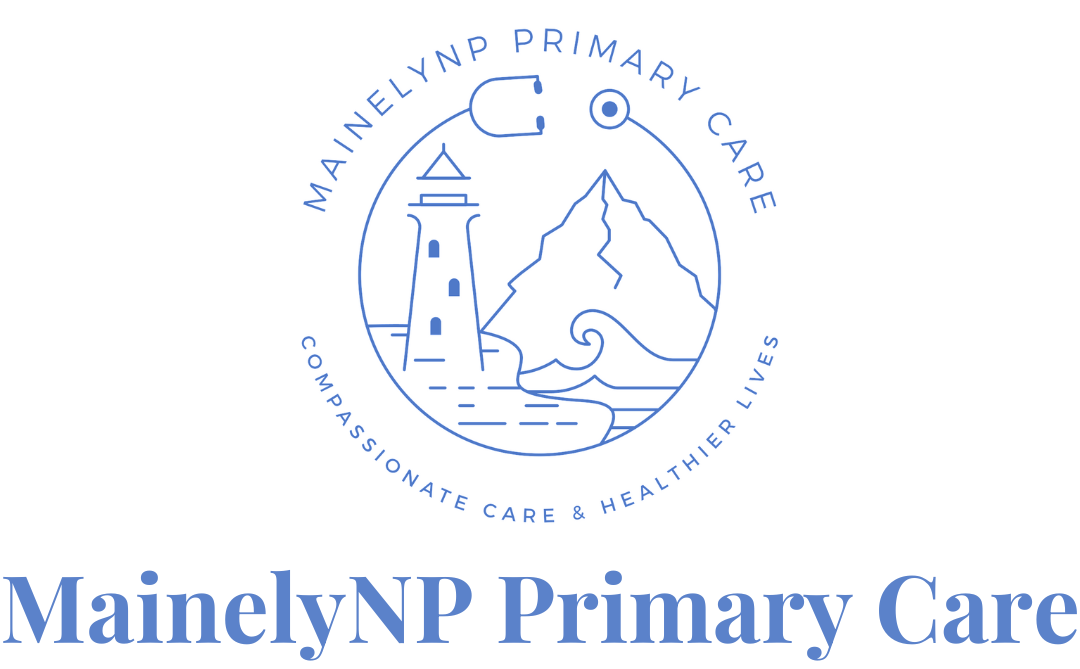The Secret to Sweet Dreams and Better Health: Proven Sleep Tips and Strategies
Ah, sleep! That mysterious time when our bodies recharge, our brains reset, and our dreams take us on wild adventures. But let’s face it—sleep doesn’t always come easily. If you’ve ever spent a night tossing and turning, you know how frustrating it can be to chase that elusive rest and quality sleep. So, what’s the secret to a good night’s sleep? Let’s take a peek into the science, challenges, and tips to help you unlock the best sleep of your life!
Understanding Sleep: The Science Behind Quality Rest
Sleep isn’t just about closing your eyes and hoping for the best. Your sleep is divided into stages, each serving a purpose in rejuvenating your body and mind. We go through cycles of light sleep, deep sleep, and REM (Rapid Eye Movement) sleep, where our most vivid dreams occur. Understanding what’s happening inside your body during these stages can help improve your sleep quality.
- Growth Hormone Release: During deep sleep, your pituitary gland releases growth hormone, which plays a vital role in tissue repair, muscle growth, and overall cellular regeneration. This is why quality sleep is especially important for children, athletes, and anyone recovering from injury.
- Cortisol Regulation: Cortisol, often called the stress hormone, is typically at its lowest during the first few hours of sleep. As morning approaches, cortisol levels rise, helping you wake up and feel alert. Consistently poor sleep can disrupt this cycle, leading to imbalances that may contribute to stress, anxiety, and even weight gain.
- Melatonin Production: This hormone, produced by the pineal gland, regulates your sleep-wake cycle. Melatonin levels increase in the evening, signaling to your body that it’s time to sleep. Exposure to light, especially blue light from screens, can suppress melatonin production, making it harder to fall asleep.
Common Sleep Stealers: What’s Keeping You Up?
We all have those nights when sleep seems impossible, and it’s not always just one thing that’s keeping you awake. Here are some of the most common sleep stealers:
- Stress and Anxiety: When your mind is racing with worries or that never-ending to-do list, it can be tough to relax and drift off to sleep.
- Poor Sleep Environment: Your surroundings play a big role in how well you sleep. A room that’s too hot, too bright, or too noisy can make it hard to settle in for the night.
- Screen Time Before Bed: The blue light from phones, tablets, and computers can suppress melatonin production, tricking your brain into thinking it’s still daytime.
- Irregular Sleep Schedule: Going to bed and waking up at different times each day can disrupt your body’s natural sleep-wake cycle, making it harder to fall asleep and stay asleep.
- Diet and Exercise: What you eat and how active you are can affect your sleep quality. Heavy meals, caffeine, and alcohol close to bedtime can keep you awake, while lack of exercise can leave your body restless. Check out this blog post for simple nutrition and exercise tips.
These sleep stealers are like that pesky mosquito buzzing around your room—annoying, distracting, and definitely not conducive to a good night’s sleep!
Simple Strategies for Better Sleep: Your Comprehensive Toolkit
Luckily, there are practical tips to help you drift off into dreamland. Start by establishing a consistent bedtime routine. Our bodies love routine, and setting a regular sleep schedule can work wonders. Creating a sleep-friendly environment is key too—think cool, dark, and quiet. And don’t underestimate the power of a sleep routine that includes winding down before bed. Whether it’s reading a book, practicing relaxation techniques, journaling, or enjoying a warm bath, find what helps you relax. One of my favorite resources for patients is the Sleep Foundation. You can find more ideas for your sleep hygiene routine here.
The Power of Quality Sleep: More Than Just Rest
Getting enough quality sleep isn’t just about feeling rested—it’s about your overall well-being. When you sleep well, your physical health improves, your mental clarity sharpens, and your mood stabilizes. Think of sleep as your body’s natural reset button. Without it, everything from your immune system to your cognitive function takes a hit. So, when you prioritize sleep, you’re investing in your long-term health.
Ready to Learn More? Join Us for a Community Talk 9/19/24 at 3pm!
If you’re eager to dive deeper into the world of sleep, I invite you to join me for an upcoming community education talk at the South Portland Community Center, titled “Unlocking the Secrets of Quality Sleep.” We will dive deeper into the science behind sleep, address common challenges, and offer simple yet effective tips for better sleep. Don't miss the opportunity to ask your own burning questions and create your very own sleep routine!
What sleep challenges have you faced? Share your thoughts below! Whether you’re struggling with sleep or just want to learn more, this talk is for you. And remember, quality sleep is just one of the many ways I’m here to support your health at MainelyNP Primary Care. If you’re looking for personalized care that puts your well-being first, come see me! Together, we can work towards better sleep and better health.
Stay tuned for more details of the upcoming talk, and sweet dreams until then!











